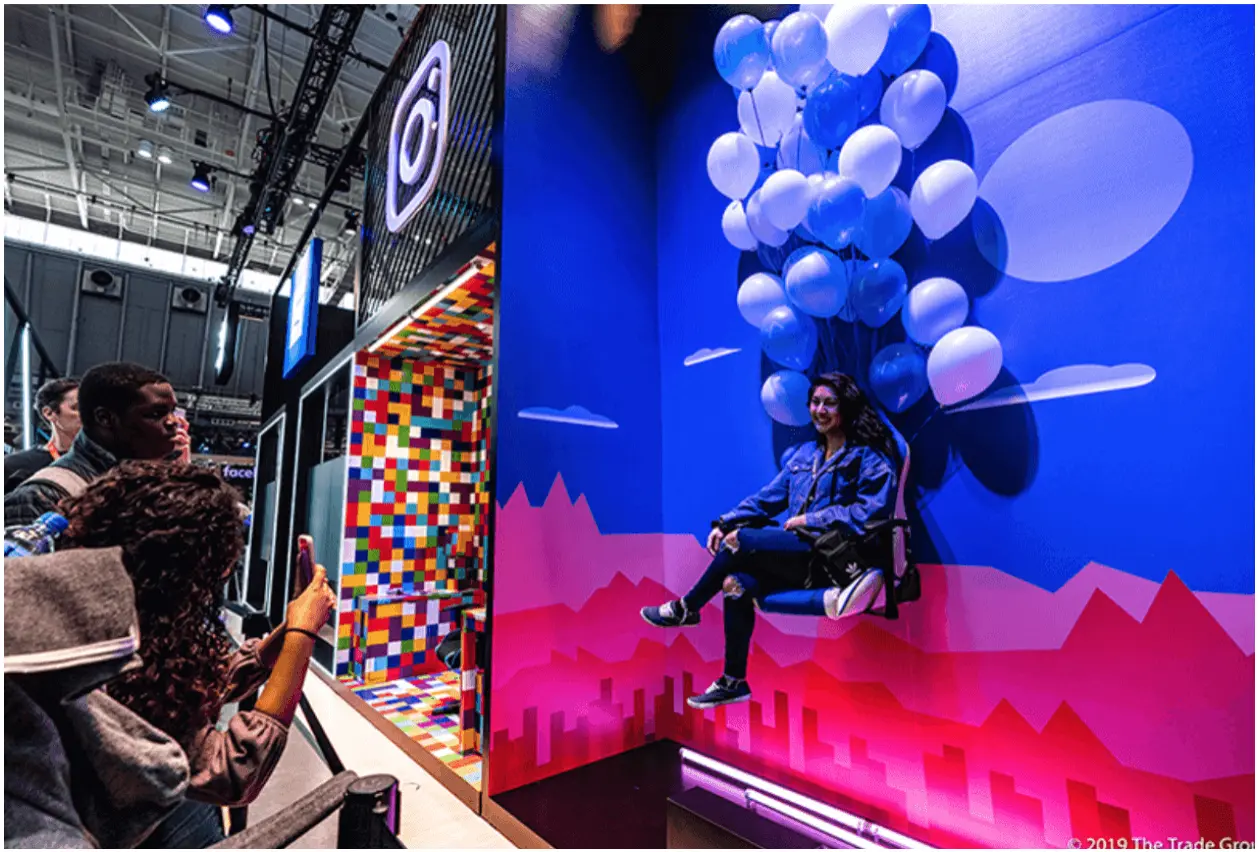We live in a digital landscape where traditional online marketing strategies are no longer as effective as they once were. That’s because online shoppers today are less impressed by promises that traditional marketing campaigns deliver and instead by actual experience.
With the holiday season fast approaching, what are ecommerce business owners supposed to do?
Their answer could lie in experiential marketing. Experiential marketing is technically a type of digital marketing campaign, but it’s one that’s dominated by the customer experience.
In this guide, we’ll cover what experiential marketing is and what an experiential marketing campaign can look like, and then we’ll dive into three big reasons why it can be very effective for your online business.
What Exactly is Experiential Marketing?
Experiential marketing, also sometimes referred to as engagement marketing, is a marketing strategy that revolves around potential customers' experiences interacting with a business in a hands-on or real-world scenario.
It’s not just about a business promising excellent quality products and services via traditional or digital advertising methods. Rather, it’s about a company actually showing customers what they are all about.
In other words, an experiential marketing campaign is an immersive experience for the customer. It gives customers more insights into what your company stands for, as well as the products and the services that you offer.
What will an experiential marketing campaign look like? We’ll dive into this in the next section.
How Does Experiential Marketing Work?

An experiential marketing effort is about much more than just showing your customers a presentation, no matter how engaging a presentation may be.
As an immersive experience, experiential marketing needs to truly stimulate your audience. It’s not something that your customer reads or even watches. It’s something that they actively participated in and actually feel.
For years if not decades, your customers of today have been bombarded with words and images attempting to compel them to buy things.
This includes through emails, social media posts, flyers, billboards, and TV commercials. Most customers are largely desensitized to these kinds of marketing tactics because it’s been done for many years.
So what can an experiential marketing campaign look like? Examples can include, but not be necessarily limited to:
- Online games, activities, or meetups
- In-person social networking events
- Business festivals
- Demos of products or services to customers
- Kiosks (such as trade shows)
- Workshops
- Physical tours
- Virtual tours
- Retreats where customers can use your products or services
- Any kind of social activities
You get the idea. The above kinds of events will require a lot of work to launch and run.
They will also require the expertise of people on your marketing team who know how to launch events and interact with the public as it relates to creating a positive brand image.
And generating awareness about these kinds of events themselves will likely require you to perhaps rely on traditional marketing strategies. The good news is that it doesn't have to be too big of a burden, either in terms of time or money spent.
To keep costs low, you can rely on your email list to let them know about upcoming investments in a freelance graphic designer to create online graphics marketing the event, and run social media campaigns to help create interest.
The trick is getting people to your event, activity, or demo for them to experience, but once they’re there, you’ll start to see the benefits that experiential marketing can provide. Speaking of which...
How Can Experiential Marketing Benefit Your Company?

When executed right, experiential marketing can be one of the most effective strategies to create a connection between your brand and customers.
This is especially relevant in a post-pandemic world where there has been a significant disconnect between people and businesses.
If you’re still not yet sold on giving an experiential marketing effort a shot, here are three reasons why it’s at least worth considering:
-
It’s designed to attract and not be intrusive
Traditional marketing methods can be a bit intrusive, such as in the sense that people don’t get to choose the advertisements they see on social media or TV everyday.
That’s also not to mention that many people are very distrustful of online advertisements because they know their online presence could be tracked and that pop-up ads are set up to generate revenue from clicks.
Experiential marketing is not like these kinds of online marketing methods. It relies on the old premise of ‘show, don’t tell.’
Once you’ve attracted people to the experience you have ready for them, the rest of the marketing will be done for you. And that leads us into...
-
It can generate excellent word-of-mouth
People are naturally apt to share positive or magical experiences that they’ve had with others they know.
Generating positive word-of-mouth is also one of the most critical things you need to do as a new ecommerce business owner especially.
So long as the experience you have created or your customers is truly creative, unique, and engaging, it will naturally generate positive word-of-mouth on its own.
Media sites may even find it to be newsworthy and create a story. And when that happens…
-
It creates a positive image for your brand
The reason why experiential marketing creates a positive image for your brand is because it shows how your business is willing to go out of its way to engage with people, and in a way that is not pushy or forceful.
For many people, your experiential marketing efforts will be their very first interaction with your business. Make it count.
Conclusion
Experiential marketing can be one of the most effective strategies to forge customer loyalty and make your company stand out in a marketing landscape that is oversaturated with advertising strategies that customers have become largely desensitized to.
Remember, experiential marketing is about actively involving your potential customers and immersing them in an experience.
The types of experiential marketing campaigns like the ones we mentioned before are not intrusive, can help generate excellent word-of-mouth if executed properly, and displays how your business is seeking to actively engage with customers.



